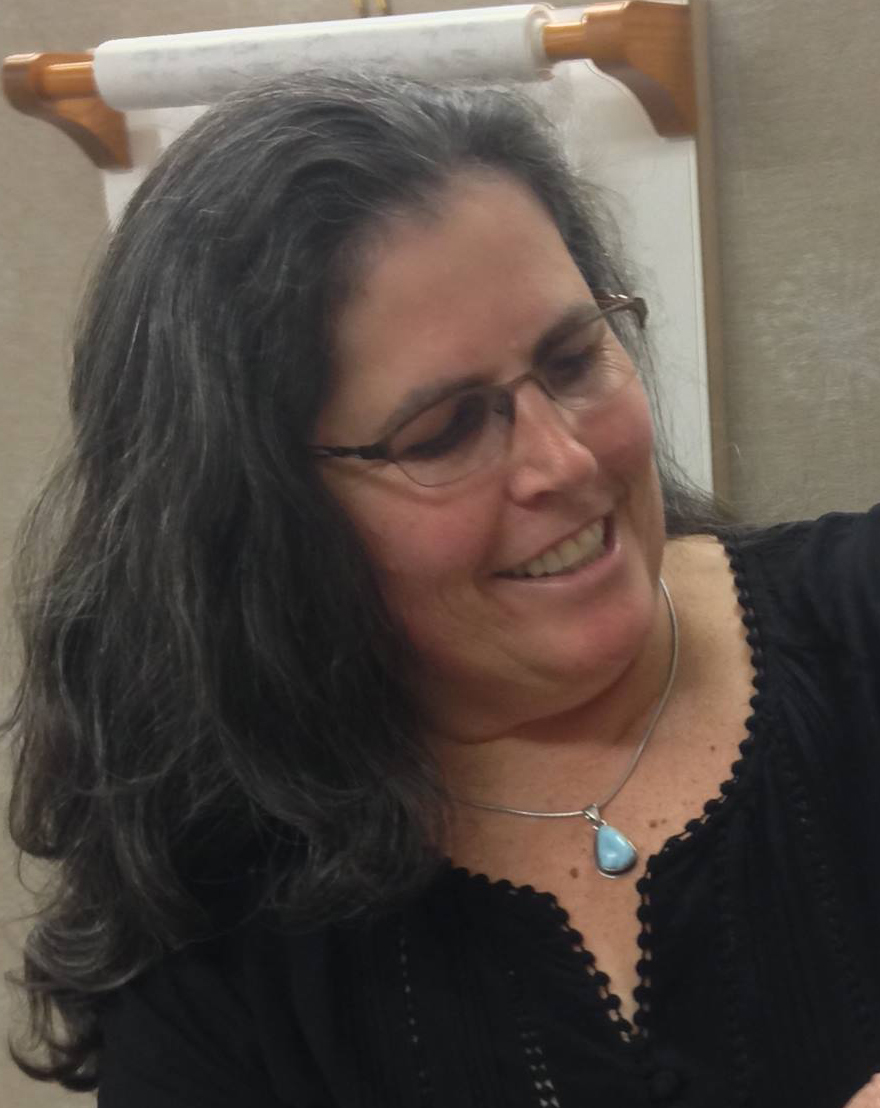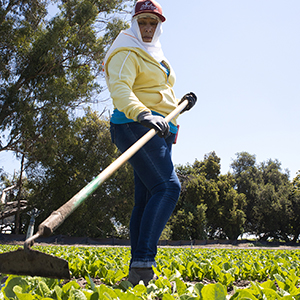Share the Love
Birth Matters: February 2020
By Laura Maxson, LM
Share the Love seems an appropriate theme for a Valentine’s Day milk drive! Life-saving human milk is truly a gift of love from one family to another. The County’s Breastfeeding Coalition is sponsoring this event for The Mothers’ Milk Bank of San Jose so the community can learn more about donor milk and its recipients.

The Mother’s Milk Bank supplies donor milk to hospitals and Neonatal Intensive Care Units (NICU), and to some babies on an outpatient basis.
Our local breastfeeding rates are some of the highest in California, meaning we should have an abundance of potential milk donors. Milk sharing follows a long tradition of “it takes a village” type support with informal, parent-to-parent milk sharing becoming more common. Donating to the Milk Bank offers a safety net of screening and testing to protect vulnerable babies in the NICU.
Some wonder why this donor milk is needed – can’t people make milk for their own babies? The answer is, not always. There are lots of reasons a baby might need donor milk in the hospital, but being born premature is one of the main ones.
Premature babies are at risk for developing Necrotizing enterocolitis (NEC), an inflammation of the intestine, which can lead to serious infection, damage to the digestive tract, and even death. The smaller the baby, the bigger the risk for developing NEC, but that risk is dramatically reduced by ensuring babies get plenty of human milk. Human milk provides healing components that nurture the intestine and immune system to actually help prevent NEC.
Giving birth to a premature baby is stressful and is often combined with other health issues that can interfere with breastfeeding. Being unable to provide enough milk for their sick or premature baby can be devastating for parents.
Babies at risk for NEC can’t afford to wait for a milk supply to build up. They need human milk right there in the NICU. Milk banks need a ready supply of milk specially pasteurized to destroy harmful bacteria while preserving as much of the amazing properties of human milk as possible.
For those with a full milk supply and a healthy baby, setting aside just one or two ounces a day will result in 100 ounces (enough to donate to the milk bank) in a few short months. It seems so simple that it’s hard to believe there aren’t more donors.
The 2020 Donor Human Milk Drive is Friday, February 14, from 11:30 to 3:30 at Sutter Maternity and Surgery Center’s, Ceil Cirrillo Room. All human milk donations will be accepted at the drive (instead of the usual 100-ounce minimum.) Potential donors need only be healthy, answer a few questions, test negative for specific diseases and have clearance from their doctor or midwife. And of course, their own baby should be thriving, too. Those interested in exploring the possibility of becoming a regular donor to the Milk Bank can receive information, forms and even free testing at the event.
It’s always a fun event complete with Valentines to make, prize give aways every hour, and time to visit with many of our community’s pregnancy and lactation support organizations/agencies.
For those with a growing freezer stash – whether from pumping like crazy due to medical or lactation issues early on, or overestimating when preparing for a return to work – remember it’s not good forever. Aging milk in the freezer can be a lifesaver in the NICU. Think about donating before it gets too old (about 6 months in the freezer). Drop it off at the drive or contact the milk bank to find out how easy it is to share your milk. What a gift of love to give that milk to the most vulnerable little recipients!
Milk Bank – mothersmilk.org
Birth Network – birthnet.org
Laura Maxson has been the director of Birth Network since 1998. She became an advocate in the early ’80s after experiencing a lack of information and choice around birth and breastfeeding. Laura has worked as a breastfeeding counselor, childbirth educator, doula, and homebirth midwife.








